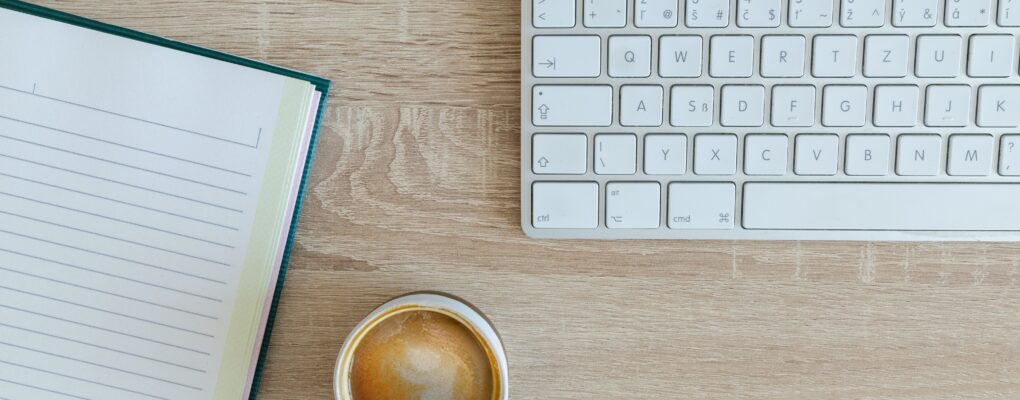
DEAR ASK A THERAPIST: I am a single mother by choice to a gorgeous 3-year-old child. I used both egg and sperm donors, and unfortunately in my country it is all still legally anonymous, even when the donor conceived person turns 18. I am open with my child and tell him our story often and share it with close friends and other people in his world. However it’s not as easy as countries that permit open donor identification at 18.
Do you have any advice for how to navigate potential questions regarding genetic history? And do you have any suggestions of how, in the future, there may be a way to legally discover the donors’ identities and connect? — RECIPIENT PARENT
DEAR RECIPIENT PARENT: Thank you for this thoughtful question! Regardless of the legality of anonymity when it comes to donors, development in the field of genetics will one day soon make the notion of genetic anonymity a thing of the past. There is no longer any guarantee of anonymity.
Many countries have access to DNA testing services that connect folks with their biological relatives around the world and provide insight into important health data. Depending on where you live, your child will likely be able to find out a lot of information through this testing about their own genetics and maybe even find genetic relatives. Even without access to DNA testing online, your child may be able to see a geneticist to answer questions related to health information.
In terms of how to talk about this subject with your child, it sounds like you’re already doing the most important thing, which is being open and honest. No one child of donor conception will have the same process, so it’s important to create space for their process, no matter what it may be. As a recipient parent, it is likely you experienced many emotions throughout your process of conception. In that way, you’re in a unique position to allow your child to experience the nuance of being donor conceived, while allowing them to feel all the feelings that they may have. Be that acceptance, disinterest, anger, gratitude, confusion… they’re all part of the process.
Though many donor conceived people want to connect, your child might not have an interest in connecting with your donors. There is also a possibility they will be interested in connecting with other donor siblings, and there might be more of a likelihood of them finding other siblings through DNA testing. Connecting with other recipient parents and donor conceived people may also allow your child more of a community in which to ask these questions so that you are not navigating these familial waters alone.
It is important to continue staying open and honest with your child, while also validating any of the various feelings or questions that might come up for them along the way.
Do you have a question for Ask a Therapist? Anonymously submit your question here. Questions may be edited for length and clarity prior to publication.
Top Image by Lukas Blazek via Unsplash
